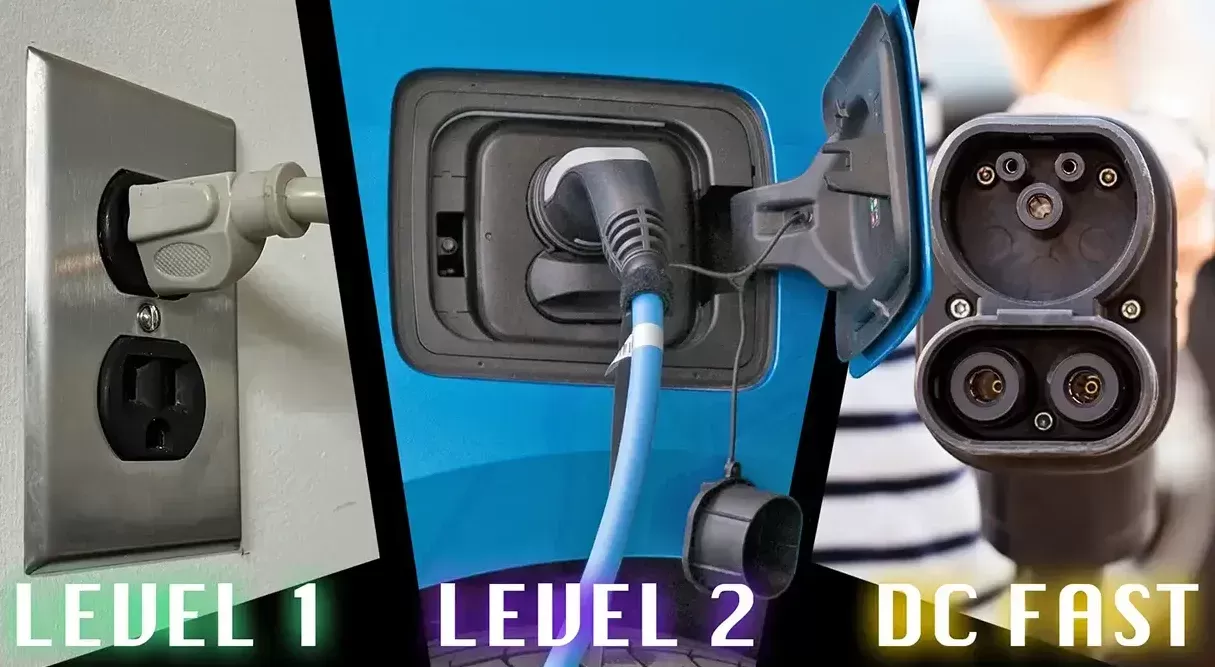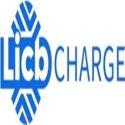Notifications

5 minutes, 37 seconds
-2 Views 0 Comments 0 Likes 0 Reviews

As a leading EV charger manufacturer in China, LiCB Charge delivers reliable AC and DC electric vehicle charging stations along with comprehensive charging solutions.
As electric vehicles (EVs) become increasingly popular, understanding the different charging levels available is crucial to optimize your EV experience. Choosing the right charging level ensures your vehicle stays powered efficiently and fits your lifestyle and driving needs. This guide explores the primary EV charging levels, their benefits, and how to select the best option for you.
EV charging is categorized into three main levels, each offering different charging speeds and applications:
Power Source: Standard 120-volt AC outlet (common household outlet)
Typical Output Power: 1 kW – 1.8 kW
Estimated Charge Time: 22 – 40 hours for a full charge
Estimated Range Added: 3 to 5 miles per hour of charging
Connector Type: J1772 & Tesla
Applications: Home charging, overnight charging, supplemental charging for short commutes
Level 1 charging is the most basic and slowest, ideal for drivers who have ample time and mostly short trips.
Power Source: 240-volt AC outlet (similar to dryer or oven circuits)
Typical Output Power: 3.3 kW – 22 kW
Estimated Charge Time: 2 – 13 hours for a full charge
Estimated Range Added: 12 to 80 miles per hour of charging
Connector Type: J1772 & Tesla
Applications: Home garages, workplaces, public charging stations
Level 2 offers a significant speed boost over Level 1 and suits daily use with moderate to fast charging needs.
Power Source: Direct Current (DC) at specialized high-power stations
Typical Output Power: 50 kW – 350 kW
Estimated Charge Time: 15 – 90 minutes for a substantial charge
Estimated Range Added: 3 to 20 miles per minute of charging
Connector Type: CCS (Combined Charging System), CHAdeMO, Tesla
Applications: Public fast charging stations, highway rest stops, urban rapid chargers
Level 3 chargers provide the fastest recharge, ideal for long-distance travel and quick top-ups.
Choosing the right level depends on several important factors:
Check your EV’s specifications to confirm which charging levels it supports. Most EVs support Level 2, but Level 3 fast charging may only be available for certain models.
Consider what charging options are available locally and in your daily routine. Level 1 may be enough for predictable short trips, while Level 3 may not be readily accessible in all areas.
Decide how quickly you need to charge. Level 1 is slow but simple, Level 2 balances speed and cost, and Level 3 is for rapid charging needs.
Level 1 charging requires no extra equipment beyond a household outlet. Level 2 chargers cost more for the unit and installation, while Level 3 chargers are generally commercial and more expensive.
Verify that the charging station’s connector matches your vehicle’s port, or that an adapter is available. Level 1 and 2 commonly use J1772 connectors, while Level 3 uses CCS, CHAdeMO, or Tesla-specific connectors.
Level 1 & 2: Most EVs use the J1772 connector, which supports AC charging and is standard for home and public chargers.
Level 3 Fast Charging:
CCS (Combined Charging System): The most common DC fast-charging connector, combining J1772 with additional pins.
CHAdeMO: Previously popular, especially with Nissan Leaf; usage is declining.
Tesla NACS (North American Charging Standard): Tesla’s proprietary connector, increasingly adopted by other manufacturers, with adapters available for cross-compatibility.
As the market evolves, a unified fast-charging standard may emerge, but currently multiple connectors coexist.
Choosing the right EV charging level depends on your vehicle’s capabilities, local infrastructure, charging speed needs, budget, and connector compatibility.
Level 1 is the simplest and most affordable, best for occasional or overnight home charging.
Level 2 provides faster, more flexible charging suitable for most daily EV drivers.
Level 3 is perfect for rapid charging on the go, especially for long-distance travel.
By carefully considering these factors, you can select the charging solution that maximizes convenience, efficiency, and reliability for your EV ownership.Know more about Google SEO Directory
China EV Chargers EV Charger Manufacturer Smart EV Chargers Electric Car Chargers Electric Vehicle Chargers Electric Car Charging Stations
